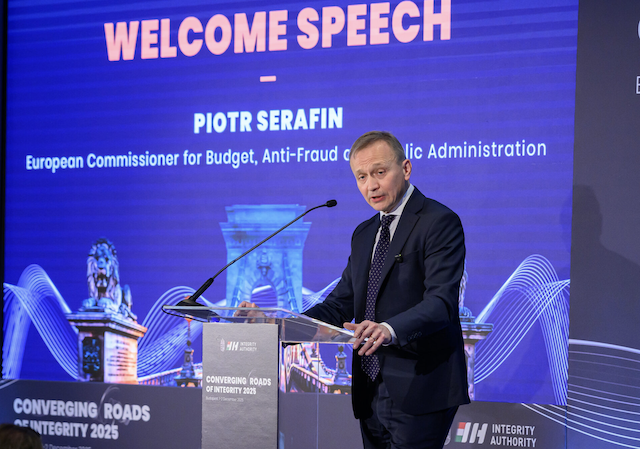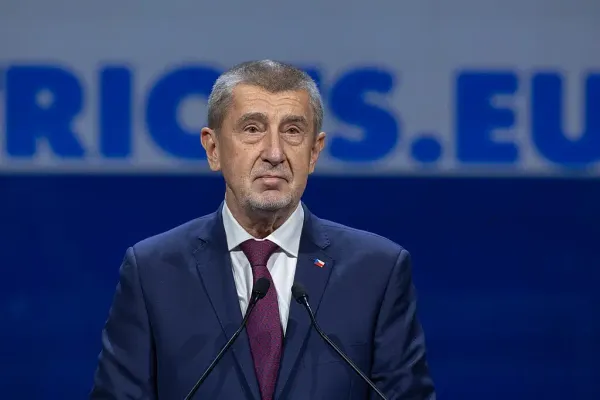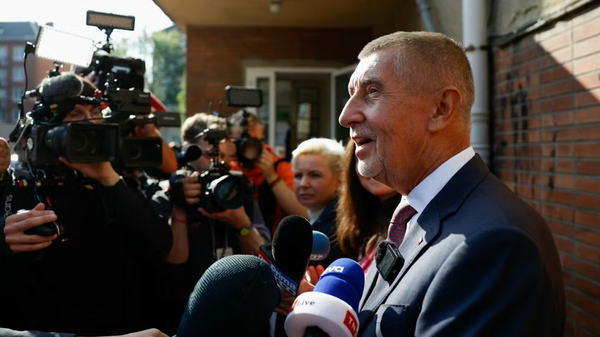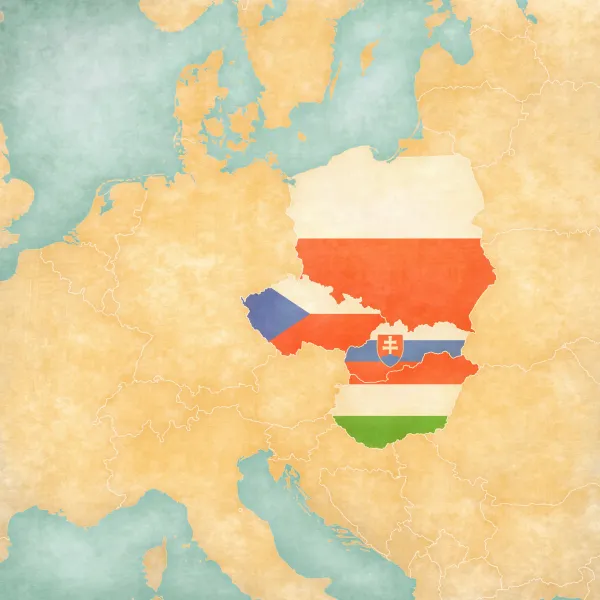
Czech inflation second highest ever in 2023
Czechia’s rate of inflation was 10.7% last year, down from 15.1% in 2022, but still representing the country’s second-highest annual inflation rate since the creation of the independent Czechia in 1993, according to data from the Czech Statistical Office (CZSO) published on Thursday 11 January.
The CZSO also published information on foreign trade prices, as price rises for exports slowed slightly to 2.1% in November, from 2.2% the previous month. The decline in imports moderated to 5.7% month-on-month, from 6.5% in October.
Czech central banker explains inflation policy
The Czech Central Bank (CNB) cut its main inflation rate by 25 basis-points to 6.75% on 21 December. Lowering interest rates depends on the pace of falling inflation, CNB Vice-Governor Eva Zamrazilova said in a TV debate on Sunday, 7 January.
If the decline towards inflation of 2% is slower than expected, this will see the CNB make “small, 25-basis point decreases”, she said. If inflation falls faster, “a more significant rate lowering” is possible, news agency Reuters reported Zamrazilova as saying.
Goods, services continue to rise in cost
The prices of goods rose by 7.6% year-on-year in December, and services were 5.7% up, according to the CZSO data released Thursday. The prices of goods fell by 0.8% month-on-month, while services rose by 0.2%. “In 2023, the prices of goods increased by 12.1% and the prices of services by 8.4%,” said Pavla Sediva, head of the CZSO consumer price statistics department.
The price of housing rose on an annual basis in Czechia in 2023, as people were paying 7.3% more rent. Prices were up a massive 142.4% for electricity and rose 16.3% for water. On the other hand, natural gas was 7.7% cheaper and solid fuel prices fell 2%.
Czech consumer prices were up 6.9% year-on-year in December, down from 7.3% the previous month, mainly due to food and non-alcoholic beverage prices.





